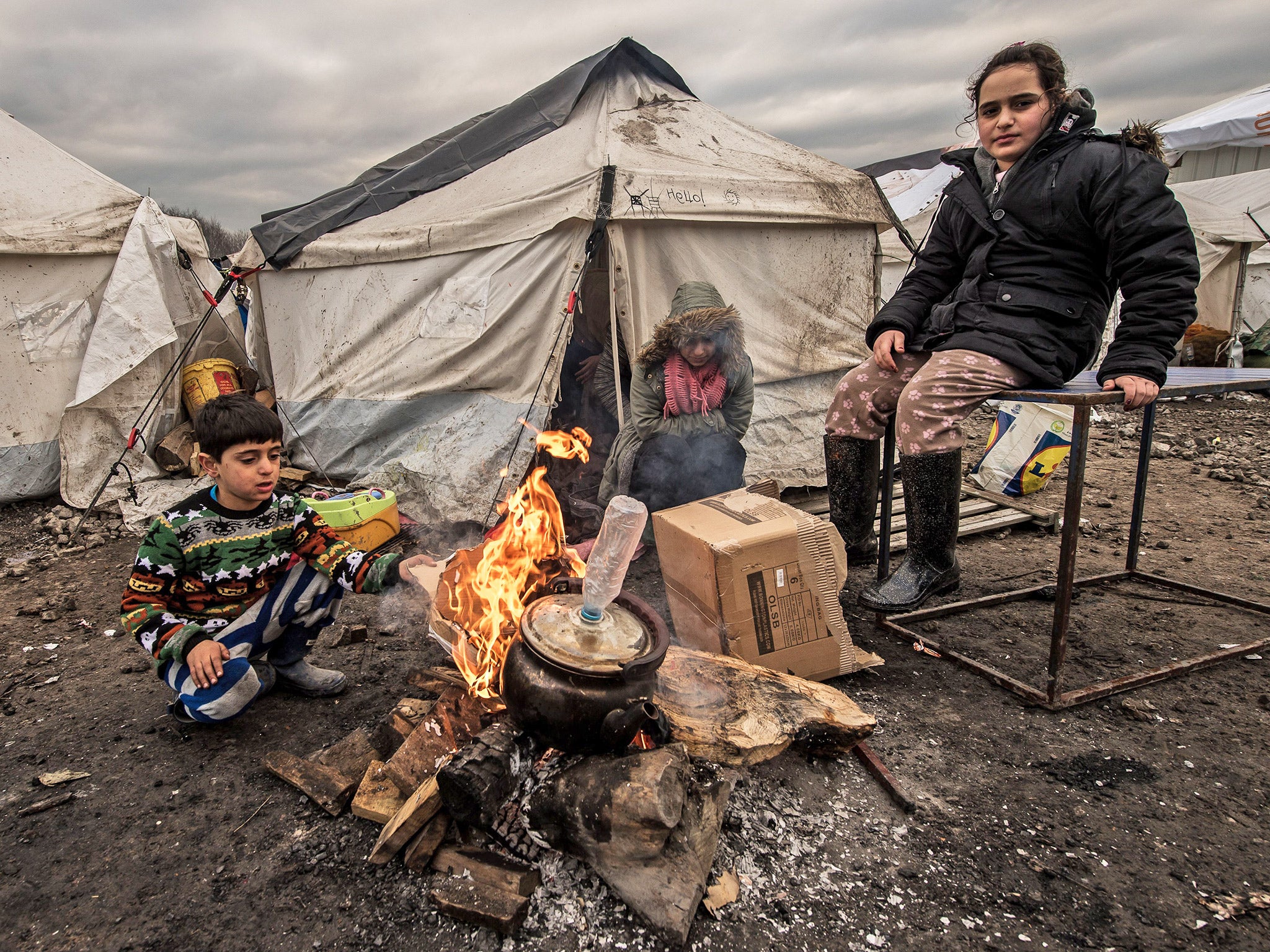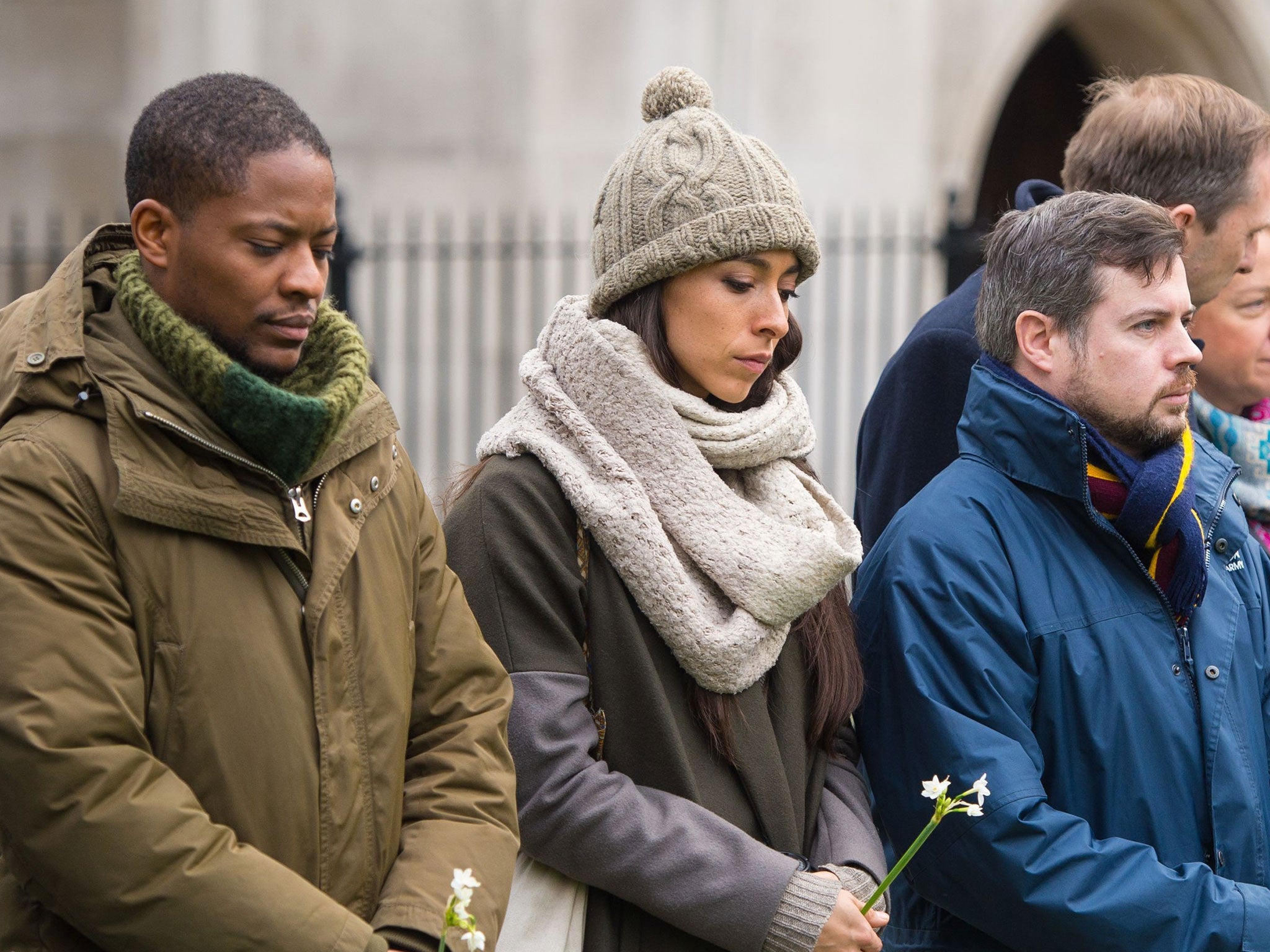Refugee crisis: Court victory could allow thousands more asylum seekers to come to Britain
'We are delighted with the judgment and look forward to being able to see these families'

Your support helps us to tell the story
From reproductive rights to climate change to Big Tech, The Independent is on the ground when the story is developing. Whether it's investigating the financials of Elon Musk's pro-Trump PAC or producing our latest documentary, 'The A Word', which shines a light on the American women fighting for reproductive rights, we know how important it is to parse out the facts from the messaging.
At such a critical moment in US history, we need reporters on the ground. Your donation allows us to keep sending journalists to speak to both sides of the story.
The Independent is trusted by Americans across the entire political spectrum. And unlike many other quality news outlets, we choose not to lock Americans out of our reporting and analysis with paywalls. We believe quality journalism should be available to everyone, paid for by those who can afford it.
Your support makes all the difference.A ground-breaking court victory for asylum campaigners is set to pave the way for thousands more refugees to come to Britain.
The court found that three unaccompanied children and a young adult currently in the Calais refugee camp known as “the Jungle” should be allowed to come to live with close relatives who are already settled in the UK while their asylum claimed are examined.
Lawyers for the four young refugees argued that the Home Office routinely ignored the right of refugees to be reunited with family members already in the UK, under a European asylum rule known as the Dublin III regulation.
Many refugees in Calais are desperate to get to Britain to escape freezing temperatures and dire conditions and to be reunited with family members here. However bureaucratic failings mean that despite there being provision in EU regulations for this to happen safely and legally, in practice it can be virtually impossible.
The court order means that the three Syrian children and accompanying adult should immediately be brought to Britain to join their relatives. Human rights group, including Amnesty UK welcomed the news, but said the government should “go even further” and allow more refugees to be reunited with their families. Steve Symonds, Amnesty International UK’s Refugee Programme Director, said it was a “matter of shame” that “desperate family members had to resort to the courts.”

Campaigners from the grassroots group Citizens UK, which brought the case, now say they hope to bring the four refugees to the UK on Thursday and are despatching a team of lawyers to Calais to prepare the cases of up to 200 refugees who may have a case to come to Britain under the Dublin regulation.
George Gabriel, a spokesperson for Citizens UK, said the group was “delighted” the Government would “honour safer and legal routes” for the most desperate of refuges to escape the “dire” conditions in Calais and come to Britain.
He said: “We are delighted with the judgment and look forward to being able to see these families, who have been so cruelly separated by war; reunited and safe. This judgment highlights that there are safe, legal routes to reconnect families using the Dublin III regulations, and we hope will allow other families to be reunited.”
The news that the court had ordered the Calais children to be brought the UK was “tinged with sadness” for campaigners after a fifth child, who was due to be part of the test case, was died while attempting to get Britain in the back of a lorry.
Nonetheless, the ruling has major implications beyond Calais as it paves the way for potentially thousands more refugees to come to Britain under European rules that give them the right to be reunited with close family members.
Last night, Tim Farron, the Liberal Democrat leader who has been calling for the Government to help 3,000 unaccompanied child refugees this winter, welcomed the ruling but said they are “just a handful of the tens of thousands” of unaccompanied refugees across Europe who need sanctuary.
He said: “No child, especially those without the protection of a family, should have to go through what they have, and I strongly commend the work of the organisations which have fought for the rights of these youngsters in court.
Keir Starmer MP, Labour's Shadow Immigration Minister, added: “When I visited Calais, I could see [the Dublin regulation] was not working and this case makes that abundantly clear. The ball is now in the Government's court to act and conduct the necessary review."
The Dublin regulation should theoretically only allow an asylum seeker in Calais or elsewhere in Europe to join a close relative in UK if they have themselves already been granted asylum in France. However campaigners argued that bureaucratic failures meant this rarely happened, and the court has agreed that evidence of a written claim to asylum in France was sufficient to prove children had initially sought safety there. The Home Office is yet to comment on the case.
The court subsequently has ruled that instead of waiting for French authorities to act, the Home Office must now examine claims brought by refugees under Dublin regulations. "This ruling has shone a welcome light on the plight of refugees seeking protection in Europe who are desperately trying to reach their relatives,” said Judith Dennis, policy manager at the Refugee Council.
A Home Office spokesperson said: “We will study the full judgement in detail.
“We stand by the well-established principle that those seeking protection should claim asylum in the first safe country they reach. The court still requires these individuals to claim asylum in France before they can come to the UK.
“Any request to unite family members under the Dublin Regulation is carefully considered. Where someone seeking asylum elsewhere in the EU can demonstrate they have close family members legally in the UK, we will take responsibility for that claim.”
Join our commenting forum
Join thought-provoking conversations, follow other Independent readers and see their replies
Comments